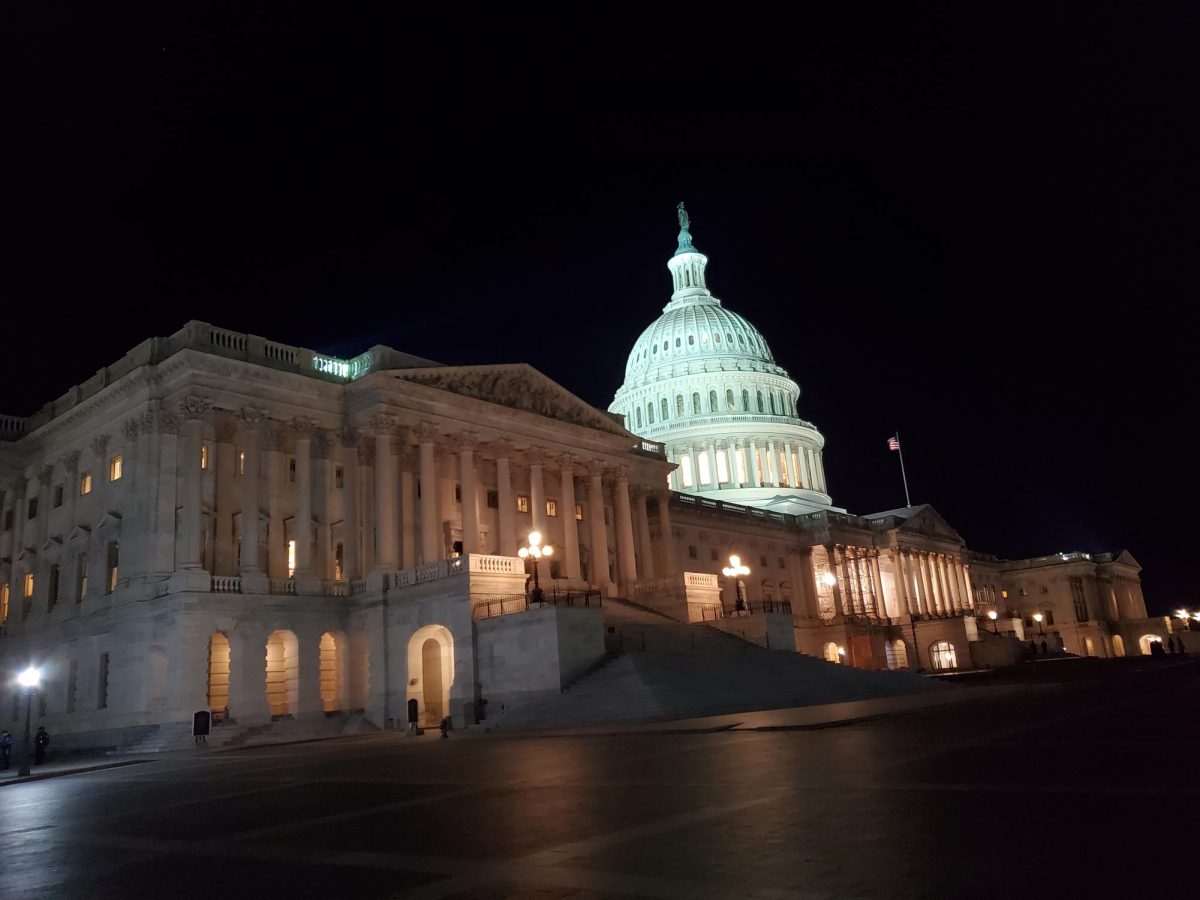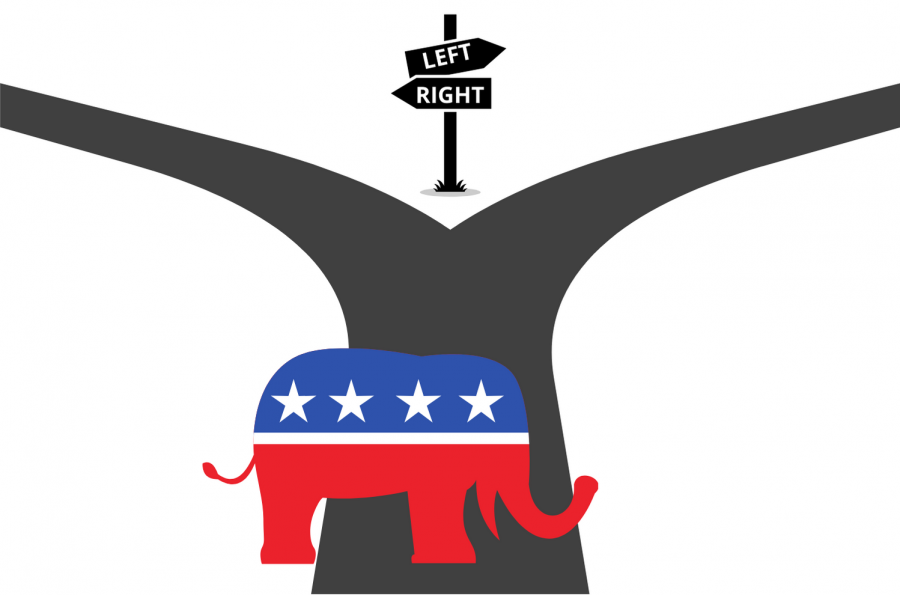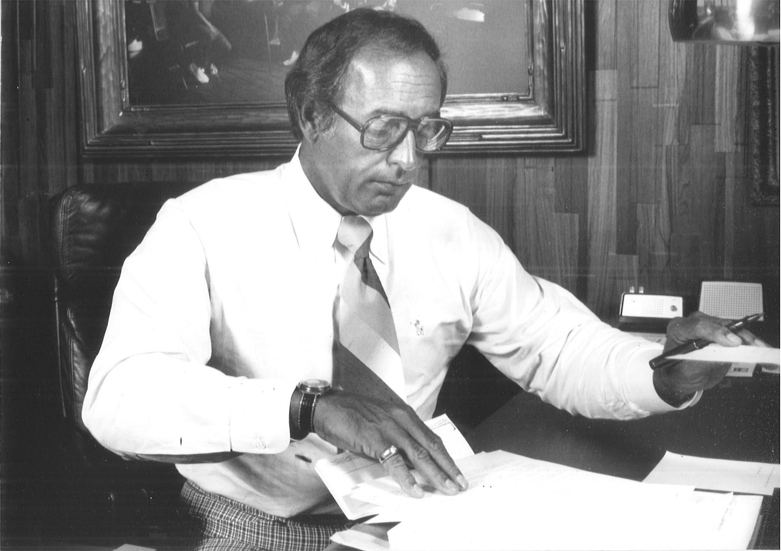In Hong Kong, a former British colony which was returned to China in 1997, the government has decided to cancel plans to instill a mandatory Chinese civic education subject. The Beijing-backed curriculum, which was dubbed the “”Moral and National Education,” has been criticized as pro-mainland propaganda, political indoctrination and brainwashing.
This cancellation came only after the government was faced with tens of thousands of protesters demanding that the plan be abandoned entirely. The large, yet peaceful, crowd was estimated at 100,000 by organizers. The images of such a large number of students gathering in a public places such as in front of government buildings, staging sit-ins, and conducting hunger strikes, is reminiscent of the Tiananmen Square protests in 1989.
This new-found interest in political activation in the Chinese youth is also similar to the Tiananmen Square protesters, because both groups have protested corruption. In Hong Kong, a widespread concern is that government officials have become too close to the city’s business leaders. Protesters have even put up a “goddess of democracy” statue that resembles the Statue of Liberty, similar to the statue used by students during the Tiananmen Square demonstrations.
“We just want to cancel the whole subject,” said Sam Chan, a 19-year-old community college student. “People want to protect our future and our sons’ futures.”
The course material is summarized in a government booklet called “The China Model,” which was distributed to schools in July. While praising China’s ruling party as “progressive, selfless and united,” the booklet criticized multi-party systems as the downfall of countries such as the United States.
Perhaps most worrisome is the booklet’s failure to mention major events that many view as integral to China’s history, such as the 1989 Tiananmen Square massacre.
Leung Chun-ying, the chief executive, offered the compromise to the young protesters by allowing each individual school to decide whether or not they wished to instate the controversial curriculum.
“We’re giving the authority to the schools,” he said. “This is very much in line with our school-based education policy.”
However, only a small percentage of schools have started teaching the subject.






